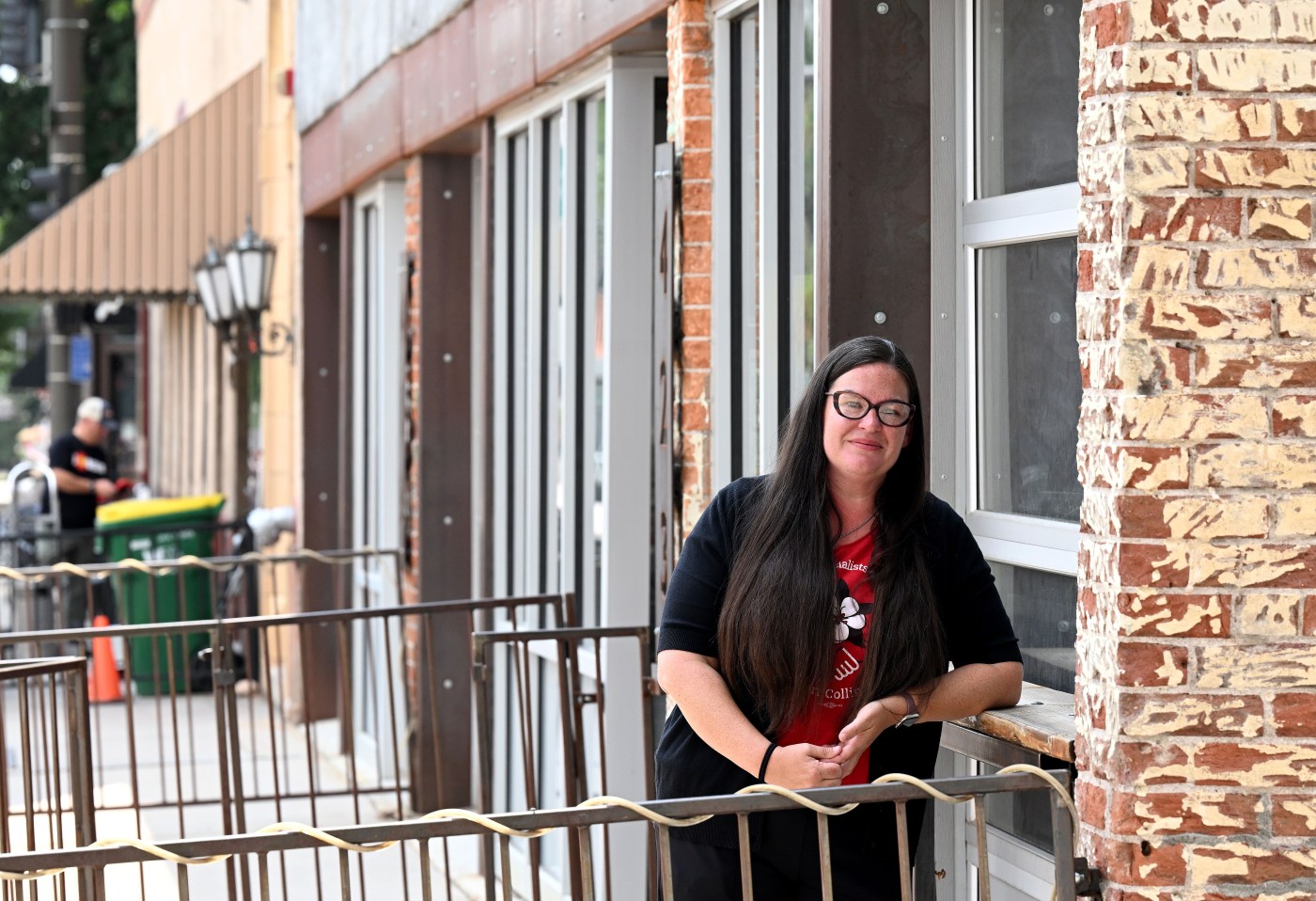The Democratic Socialists of America (DSA) is experiencing a remarkable resurgence, particularly in Northern Colorado, where local chapters are expanding rapidly. Newly elected leader, Elizabeth Falkenberg, heads the Loveland branch, which recently formed to engage community members in grassroots political activism. This growth follows the DSA’s tenfold increase in membership since the 2016 presidential campaign of Bernie Sanders, who brought democratic socialism into the mainstream political conversation.
Founded in 1982, the DSA struggled to gain traction during a time when socialism was often viewed with skepticism. The tide began to turn in 2016 when Sanders, an independent senator from Vermont, captured the public’s attention by openly identifying as a democratic socialist. His campaign inspired numerous political victories for other candidates, including Alexandria Ocasio-Cortez and Zohran Mamdani, who both campaigned successfully on similar platforms. The DSA reports that 97% of its current members joined after Sanders’ campaign, highlighting a significant cultural shift.
As interest in the DSA grew in Northern Colorado, the Fort Collins branch expanded its operations to accommodate new members from surrounding areas, including Greeley, Windsor, and Loveland. The Loveland chapter was established just a few months ago, with Falkenberg stepping into a leadership role to facilitate community engagement.
Community Engagement and Local Initiatives
Falkenberg, a stay-at-home mother actively involved in her community, brings a wealth of volunteer experience to her position. She has contributed to various local organizations, including Meals on Wheels and food banks, focusing on issues such as food insecurity and senior disability rights. Her involvement with the DSA began at a general meeting, where she and her partner were drawn to the organization’s commitment to community action and structured planning.
The Loveland chapter aims to create a welcoming environment for members to engage in political discourse and community initiatives. “We run groups, host monthly meetings, and organize social activities,” Falkenberg explained. “We also facilitate city council watch parties, allowing community members who may be uncomfortable attending in person to stay informed and engaged.”
Community priorities have emerged from these meetings, with members actively voicing their concerns and ideas. One pressing issue is the lack of public restrooms in downtown Loveland. A member is currently spearheading a petition to address this gap, which will be submitted to the Loveland City Council.
Additionally, the chapter is planning a fundraiser titled “EDM for EDU,” scheduled for August 16, 2023. This concert aims to raise funds to provide school supplies for local students throughout the year.
Understanding the DSA’s Growth
Falkenberg attributes the DSA’s surge in membership to a growing desire among individuals for meaningful change within their communities. “People want to see something better and understand that collaboration is key,” she noted. “Many are uncertain about how to contribute, and the DSA offers a pathway for local action.”
The DSA provides a platform for members to participate in impactful initiatives, such as local food programs and advocacy for underfunded services like libraries. For Falkenberg and her team, the goal is clear: to create a supportive community that empowers members to take action on issues that matter to them.
As the Loveland chapter continues to grow, Falkenberg remains focused on fostering collaboration and driving positive change. With a commitment to grassroots organizing, she is determined to make a lasting impact on her community.
